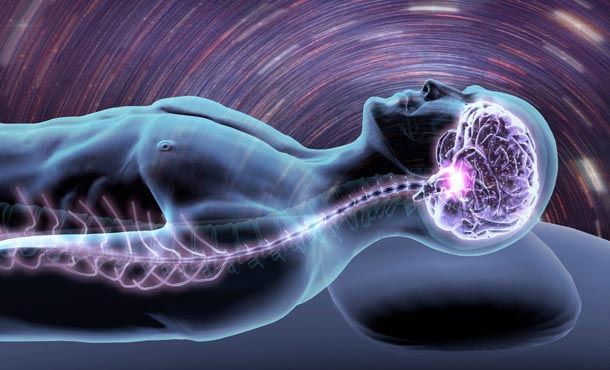Impact of Bipolar Disorder on Nervous System
- Nusrat Mahzabin

- Dec 25, 2022
- 1 min read
Bipolar disorder is a disease that affects the nervous system. It causes depression and excitement episodes; cases of insomnia are a common phenomenon in this as well. During these episodes called mania, changes occur in the body and brain of the patients. The disease is genetic and affects 2% of the population. Any person can develop the disease but those who already have relatives with this problem may be prone to it.

Bipolar disorder not only affects the central nervous system in specific regions but also causes systematic impairment. Bipolar disorder follows stages which are not associated with the disease's progress. It is rather related to the number of episodes of maniacs in a depressive crisis. The greater the number of episodes, the shorter the time between them and the greater the severity of them.
Affected areas of the brain include the hippocampus, prefrontal cortex,gray matter and neurotransmitters. The three main neurotransmitters that may get affected by the disease are: Dopamine, Serotonin and Norepinephrine.
In people with bipolar disorder high and low levels of Norepinephrine are associated with the periods of mania and depressive episodes respectively. Low levels of serotonin are associated with depression and low mood.
There is no cure for bipolar disorder. It can alter the brain and make permanent changes in it. However, treatment for bipolar disorder such as lithium may have a normalizing effect on the brain. The use of lithium on mood stabilizers is associated with increase in gray matter volume.
Reference:
Davidson's Principles and Practice of Medicine, 24th Edition




Comments